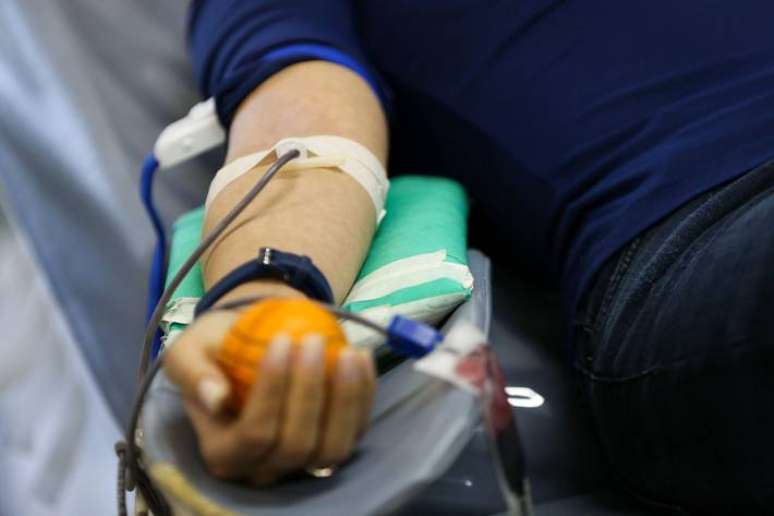The proposal aims to allow the collection and processing of human plasma by the private sector, which is currently prohibited; The Ministry of Health is against it
On the eve of the vote on the tender”Plasma PECIn the Constitution and Justice Commission (CCJ) of the Senate, the Ministry of Health is pushing against the text. The secretary of the Science, Technology, Innovation and Health Complex, Carlos Gadelha, said that, if approved, the measure would cause a “blackout” of the country’s blood banks: according to him, the proposal could also have repercussions on the quality of available blood and expose the healthcare system to external dependence.
Proposed by Senator Nelsinho Trad (PSD-MS), the PEC aims to allow the collection and treatment of human plasma through private initiative, currently prohibited by the Constitution. The measure would open a loophole, for example, for the sale of blood and the remuneration of donations. From plasma, which is the liquid part of the blood, blood products, such as medicines, can be produced and new treatment technologies can be developed.
One of the main arguments used by the PEC author is that much of the plasma is currently wasted in Brazil. The rapporteur of the proposal, Daniella Ribeiro (PSD-PB), presented a favorable opinion on the text. The text is expected to be voted on at the CCJ this Wednesday, but there are 14 other items on the agenda.
According to government allies, the Ministry of Health’s vigorous defense has been slow in coming. The absence of Minister Nísia Trindade in the debate annoyed members of the government’s allied base in the Senate, who were against the proposal.
“The situation can be dramatic for the population, because there is a tradition of altruistic blood donation. There are 3.1 million donations a year, this means that there is a culture of solidarity. So there is a risk of a supply blackout of blood, because it will break (this culture), similarly to what was done with the vaccine. When mistrust emerged, vaccination was scaled back. Instead of resolving the supply, the source may dry up,” argued al Estadaothe secretary Carlos Gadelha.
The secretary also claims that PEC could reduce the quality of blood circulating in the country due to the lack of rigor in collection. Currently the person who donates blood is subjected to a questionnaire to identify any risks, since there are immunological windows that do not allow the identification of some contaminants depending on the moment in which the donation is made.
If there is remuneration for donors, the tendency, according to the secretary, is that many people end up omitting some information at the time of the interview to carry out the collection and receive payment.
Plasma processing
According to the Ministry of Health, today 30% of the blood products available in the Unified Health System (SUS) come from plasma donated in Brazil and administered by Hemobrás, which is currently the Brazilian state company responsible for processing the plasma. The prospect is that this rate will rise to 80% by 2025. This is because Hemobrás will complete work on a plant designed to process plasma and produce these inputs.
The new Growth Acceleration Program (CAP), launched in August by the federal government, includes an investment of R$895 million in Hemobrás and in the qualification of the Brazilian blood network. Then, in a note published by the Secretariat for Communication of the Presidency (Secom), the government stated that “the full functioning of Hemobras is a fundamental step for Brazil to reduce its dependence”, since the country spends more than 1.5 billion of R$ per year in the import of medicines for the treatment of hemophiliac patients and other diseases related to blood clotting.

Source: Terra
Ben Stock is a lifestyle journalist and author at Gossipify. He writes about topics such as health, wellness, travel, food and home decor. He provides practical advice and inspiration to improve well-being, keeps readers up to date with latest lifestyle news and trends, known for his engaging writing style, in-depth analysis and unique perspectives.








